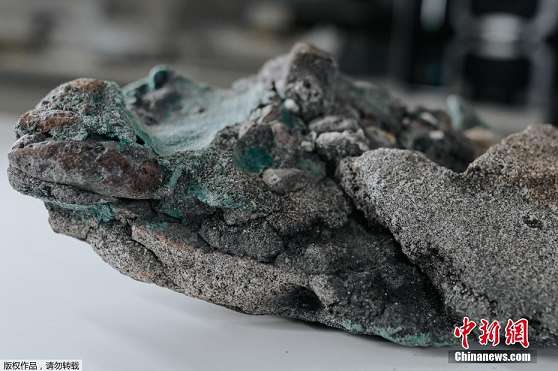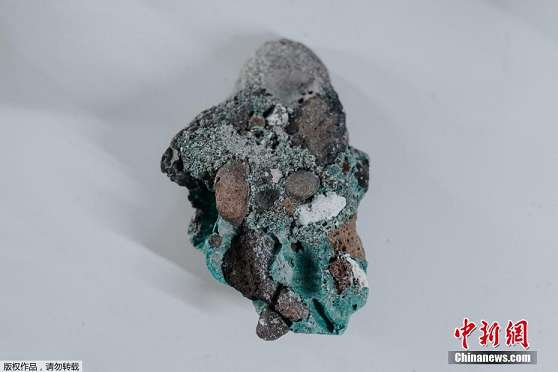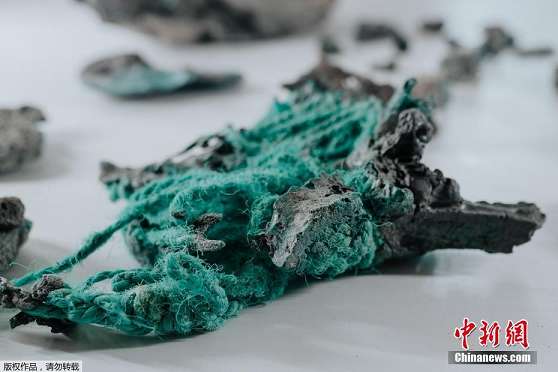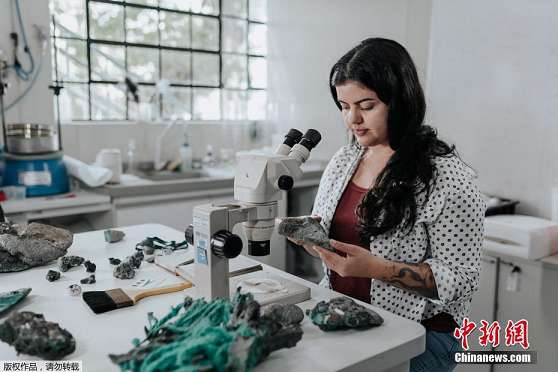2023-03-23

On March 22 local time, "Plastic Rock" was displayed in the laboratory of the University of Barbara in Curiti, Parana, Brazil. According to Agence France-Presse, a geologist, Fernanda Avilar Santos, discovered a large amount of plastic formed rocks on the island of Trinidad, which is three to four days' voyage from the coast of Brazil. Through analysis, she and her team identified these specimens as a new geological structure that combines the materials and processes used to form rocks on Earth for billions of years with a new component, plastic waste.

On March 22 local time, "Plastic Rock" was displayed in the laboratory of the University of Barbara in Curiti, Parana, Brazil. According to Agence France-Presse, a geologist, Fernanda Avilar Santos, discovered a large amount of plastic formed rocks on the island of Trinidad, which is three to four days' voyage from the coast of Brazil. Through analysis, she and her team identified these specimens as a new geological structure that combines the materials and processes used to form rocks on Earth for billions of years with a new component, plastic waste.

On March 22 local time, "Plastic Rock" was displayed in the laboratory of the University of Barbara in Curiti, Parana, Brazil. According to Agence France-Presse, a geologist, Fernanda Avilar Santos, discovered a large amount of plastic formed rocks on the island of Trinidad, which is three to four days' voyage from the coast of Brazil. Through analysis, she and her team identified these specimens as a new geological structure that combines the materials and processes used to form rocks on Earth for billions of years with a new component, plastic waste.

On March 22 local time, "Plastic Rock" was displayed in the laboratory of the University of Barbara in Curiti, Parana, Brazil. According to Agence France-Presse, a geologist, Fernanda Avilar Santos, discovered a large amount of plastic formed rocks on the island of Trinidad, which is three to four days' voyage from the coast of Brazil. Through analysis, she and her team identified these specimens as a new geological structure that combines the materials and processes that have formed rocks on Earth for billions of years with a new component, plastic waste. The picture shows geologist Fernanda Avilar Santos examining a "plastic rock" specimen.
(Outlook New Era Network)
Special statement: if the pictures and texts reproduced or quoted on this site infringe your legitimate rights and interests, please contact this site, and this site will correct and delete them in time. For copyright issues and website cooperation, please contact through outlook new era email:lwxsd@liaowanghn.com
 Recommended Reading Change it
Recommended Reading Change it 